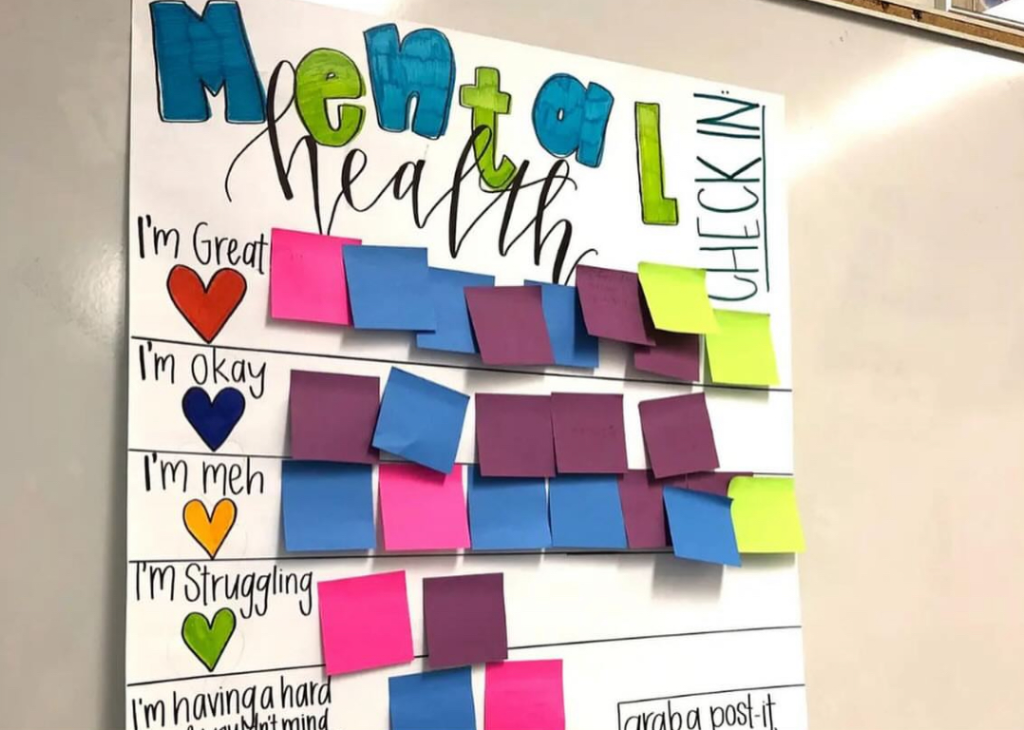For many people living with mental health conditions, traditional treatments like talk therapy and antidepressants have been life-changing. But for others—especially those with treatment-resistant depression, PTSD, or bipolar disorder—the road to recovery can be frustrating and slow. That’s why new research into innovative mental health treatments is offering something rare but powerful in this space: hope.

One of the most talked-about breakthroughs is the use of psychedelic-assisted therapy. Substances like psilocybin (found in “magic mushrooms”) and MDMA (commonly known as ecstasy) are being studied in clinical trials, and the results are turning heads. In 2021, a landmark study published in Nature Medicine found that MDMA-assisted therapy significantly reduced PTSD symptoms, with over two-thirds of participants no longer qualifying for a PTSD diagnosis after treatment. Similarly, psilocybin has shown strong results in treating depression, particularly in patients who haven’t responded to standard treatments.
These substances aren’t being used recreationally—they’re administered in highly controlled, therapeutic settings, often paired with professional counseling. The goal isn’t just to alter brain chemistry temporarily, but to restructure thought patterns, process trauma, and catalyze emotional breakthroughs. While these therapies are still undergoing regulatory review, the FDA has granted both psilocybin and MDMA “breakthrough therapy” status, fast-tracking their potential approval for clinical use.
Another exciting area of research is ketamine therapy. Originally developed as an anesthetic, ketamine—especially in its nasal spray form, esketamine—has been approved by the FDA for treatment-resistant depression. Unlike traditional antidepressants, which can take weeks to kick in, ketamine can begin relieving symptoms within hours. It works on glutamate, a different neurotransmitter system than serotonin, and may help “reset” damaged neural connections. Clinics offering ketamine infusions are now popping up across the U.S., with strict screening and monitoring in place.
Researchers are also exploring neuromodulation techniques, like transcranial magnetic stimulation (TMS) and deep brain stimulation (DBS). These non-invasive procedures use magnetic fields or implanted electrodes to alter brain activity. Though still in the early stages for many conditions, they show promise for people who haven’t found relief through medication or talk therapy alone.
While these treatments aren’t for everyone and come with their own risks and regulations, they represent a significant shift in how we approach mental health care. Instead of relying solely on the same options developed decades ago, we’re entering a new chapter—one that blends neuroscience, pharmacology, and therapy in more personalized, targeted ways. For individuals who’ve felt stuck or hopeless in the past, this new wave of treatments might just be the breakthrough they’ve been waiting for.